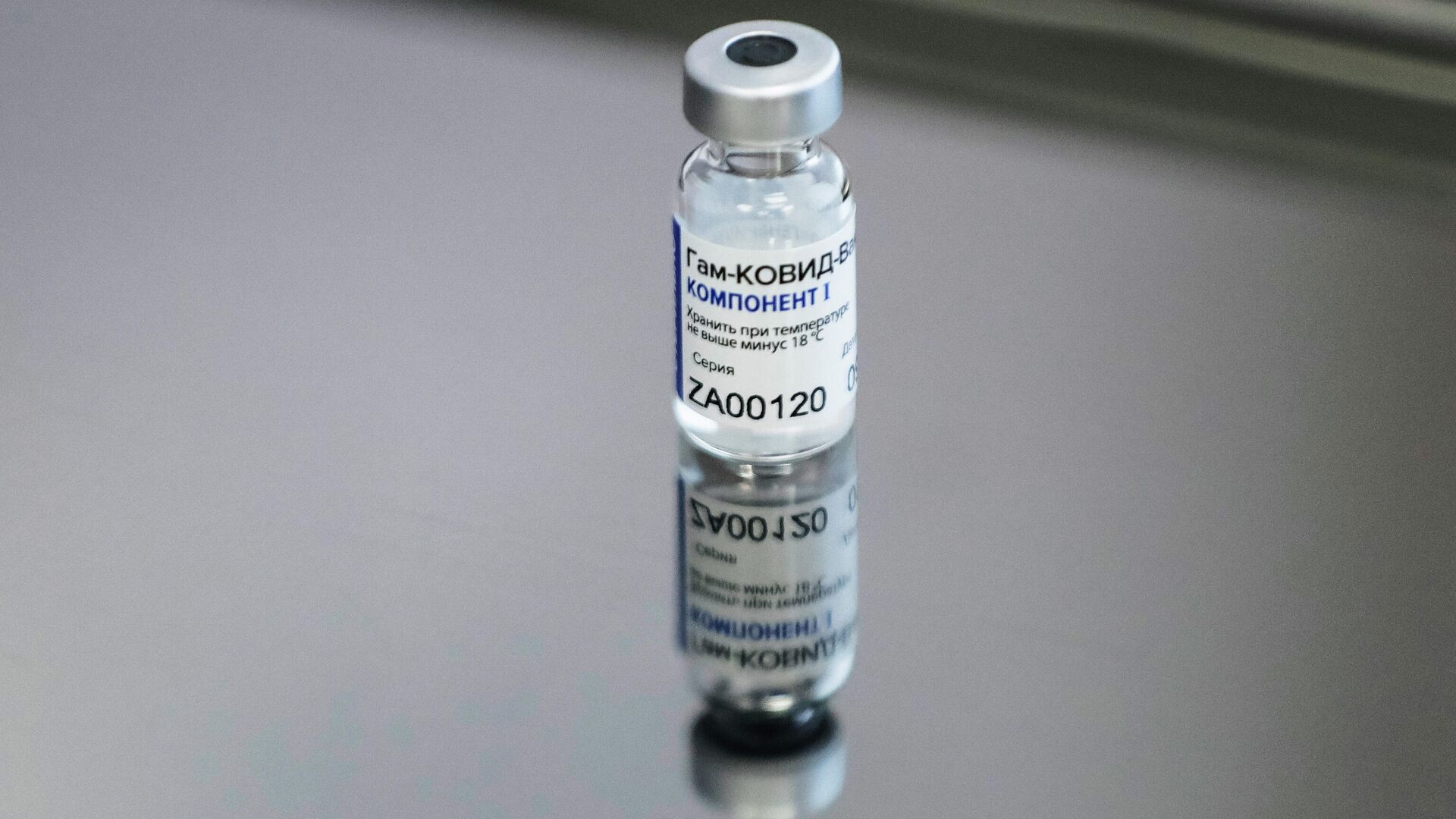https://sputnikglobe.com/20211129/rdif-new-sputnik-v-version-adapted-to-omicron-variant-in-development-1091113995.html
RDIF: New Sputnik V Version Adapted to Omicron Variant in Development
RDIF: New Sputnik V Version Adapted to Omicron Variant in Development
Sputnik International
MOSCOW (Sputnik) - A new version of the Sputnik V COVID-19 vaccine adapted to the Omicron coronavirus variant is in development, the Russian Direct Investment... 29.11.2021, Sputnik International
2021-11-29T15:18+0000
2021-11-29T15:18+0000
2021-11-29T15:18+0000
omicron covid strain
sputnik v vaccine
https://cdn1.img.sputnikglobe.com/img/07e5/0a/14/1090082349_0:171:3073:1899_1920x0_80_0_0_976adcbafbced02da931db6446305f74.jpg
The RDIF mentioned that Sputnik V and Sputnik Light vaccines "have proven to be highly effective against all variants of SARC-Cov-2 known to date."The vaccine maker is confident that Sputnik V and Sputnik Light will be able to neutralize Omicron "as they have highest efficacy against other mutations," the RDIF added.The World Health Organization (WHO) has labeled the Omicron variant, first identified in South Africa, as one of concern. The new strain is reported to carry 32 mutations, which possibly makes it more transmissible and dangerous. Cases of the new variant have already been confirmed in multiple countries, including Israel, Germany, Italy and the Czech Republic.
Sputnik International
feedback@sputniknews.com
+74956456601
MIA „Rossiya Segodnya“
2021
Sputnik International
feedback@sputniknews.com
+74956456601
MIA „Rossiya Segodnya“
News
en_EN
Sputnik International
feedback@sputniknews.com
+74956456601
MIA „Rossiya Segodnya“
Sputnik International
feedback@sputniknews.com
+74956456601
MIA „Rossiya Segodnya“
sputnik v vaccine
RDIF: New Sputnik V Version Adapted to Omicron Variant in Development
MOSCOW (Sputnik) - A new version of the Sputnik V COVID-19 vaccine adapted to the Omicron coronavirus variant is in development, the Russian Direct Investment Fund (RDIF) said on Monday.
The RDIF mentioned that Sputnik V and Sputnik Light vaccines "have proven to be highly effective against all variants of SARC-Cov-2 known to date."
"Nonetheless the Gamaleya Institute, based on existing protocols of immediately developing vaccine versions for variants of concern, has already begun developing the new version of Sputnik vaccine adapted to Omicron," the RDIF said in a statement.
The vaccine maker is confident that Sputnik V and Sputnik Light will be able to neutralize Omicron "as they have highest efficacy against other mutations," the RDIF added.
"In an unlikely case such modification is needed, the new Sputnik Omicron version can be ready for mass-scale production in 45 days. Several hundred million Sputnik Omicron boosters can be provided to international markets already by Feb 20, 2022 with over 3 billion doses available in 2022," RDIF CEO Kirill Dmitriev said.
The World Health Organization (WHO) has labeled the Omicron variant, first identified in South Africa, as one of concern. The new strain is reported to carry 32 mutations, which possibly makes it more transmissible and dangerous.
Cases of the new variant have already been confirmed in multiple countries, including Israel, Germany, Italy and the Czech Republic.


